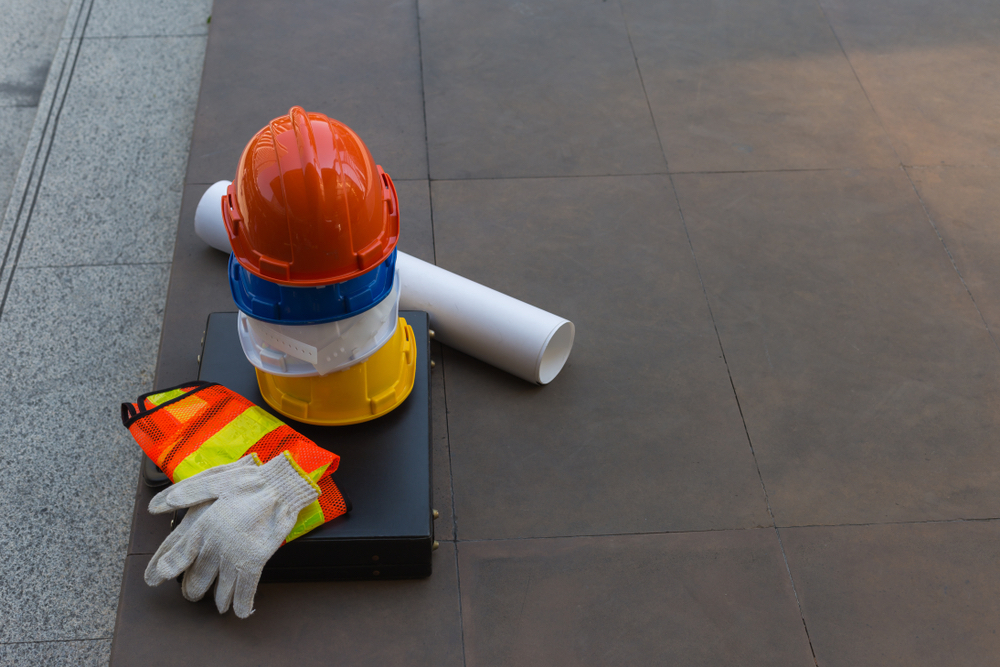
It’s that time of year again. In the past we’ve written about Hurricane Katrina, Hurricane Irene, Hurricane Gustav and Tropical Storm Lee. While the cities and businesses scramble to manage evacuations, and residents board up their houses, the construction industry studies the storm’s path and gets ready for an intense demand for its services.
Insurance Money Can Be Slow To Pay Without Any Security For Contractors And Suppliers
We have a few clients who do a lot of damage repair and restoration work. In many instances, a homeowner or business owner hires them to perform the construction services but cannot make payment until the insurance company green lights the claim and work, and then distributes the money to the property owner.
When this process goes smoothly it can take a lot of time. The process can go otherwise, as well.
Furthermore, many construction outfits or suppliers who’ve ever been involved with damage repair and restoration work can tell you that getting the insurance proceeds may be harder than you’d estimate. The property owner may agree to pay you a certain figure and forward those figures onto their insurance carrier to increase the size of their claim, but when it comes around to payment time, the property owner wants to do everything they can to keep their hands on some of that money.
From a fairness perspective, those insurance proceeds may belong to you. Practically and legally speaking, however, you have no direct claim to the insurance proceeds, and your company will be relying on the property owner to fork the money over. You have no security. You have no guarantees. Accordingly, there’s no reason why you should ignore your lien rights.
Filing a mechanics lien when the parties are waiting for insurance proceeds is the smart move to make.
First, the distribution of insurance proceeds may take longer than the mechanics lien deadline, and if you fail to file your mechanics lien beforehand you may be left without a solid remedy in the event the claim falls through or the homeowner misappropriates the funds.
Second, these storm areas usually produce a high volume of work. Your company will be very busy and receivable aging will happen in a blink of an eye. If you don’t protect your lien rights you may find yourself staring at a mountain of bad debt at the end of the year – all of which you can avoid with liens.
If You Go Where The Storm Is, Remember The State Likely Has Different Mechanics Lien Laws From Your Home State
If you’re going to cross state lines to capitalize on construction work available in a storm area, it’s important to realize that the mechanics lien laws in the destination state could be (and likely are) completely different from the mechanics lien laws in your state.
Levelset provides contractors and suppliers with a great resource on mechanics lien laws across the country. Just go to this page and click on the state where the construction work will be performed.Levelset’s resources will provide you with a chart of the state’s mechanics lien and preliminary notice deadlines, some frequently asked questions, the statute’s full text and free notice and lien forms.
It’s very, very important that you keep up with the state’s notice and lien deadlines. One small mistake and you’ll be without lien rights. Using a service like Levelset to manage your lien compliance in the new state could be a great and affordable idea.



